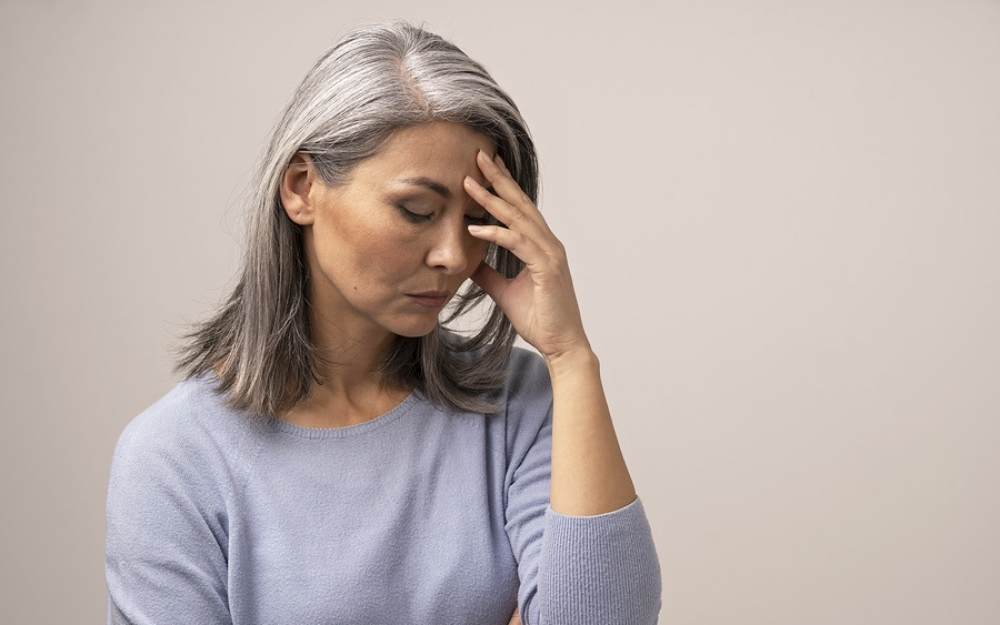Even if you don’t know much about menopause, you probably know that it involves fluctuating levels of hormones – primarily estrogen and progesterone. These fluctuations are responsible for the many symptoms women experience as they’re going through “the change.” But missing from this conversation is the third culprit: testosterone. Like estrogen and progesterone, it, too, fluctuates during peri/menopause and is responsible for a number of symptoms.
Some women experiencing the effects of low testosterone benefit from testosterone therapy. It’s not as widely known or widely used as standard menopausal hormone replacement therapy (HRT) that uses progesterone and estrogen, but for the right candidate, it can relieve unwanted symptoms.
What Testosterone Does in a Woman’s Body
Testosterone is primarily known as a man’s hormone. In fact, it’s not just a man’s hormone, but the man’s hormone, the one that is responsible for hairy chests and backs, confidence and aggression, and a strong sex drive, among other things.
But it’s not just men whose bodies are teeming with testosterone. Women produce it, too – in fact, they make up to ten times more testosterone than estrogen! In both women and men, testosterone is an important hormone for bones, muscle strength, energy, motivation, and sex drive.
Signs of Too Little Testosterone in Women
Many peri/menopause symptoms are the result of a hormone imbalance. You may have heard of estrogen dominance, when there’s more estrogen than there should be. That’s one, but there’s also estrogen deficiency, progesterone dominance, progesterone deficiency, and – you guessed it – testosterone deficiency.
Testosterone deficiency occurs where there’s too little testosterone relative to other hormones. Signs and symptoms include:
- Thinning skin
- Vaginal dryness
- Blunted motivation
- Fatigue
- Diminished feeling of well-being
Other signs and symptoms include:
- Depression
- Fuzzy thinking
- Hair loss
- Headaches
- Irritability
- Low sex drive
- Memory lapses
- Inability to focus
What makes it tricky is that these can also be due to estrogen deficiency or progesterone deficiency. That’s why it’s important to take note of all your symptoms before speaking to a doctor, so you can more accurately pinpoint what’s going on in your body.
Testosterone Replacement Therapy for Women
For a woman who is a good candidate, testosterone replacement therapy during peri/menopause can combat vaginal dryness, increase energy and motivation, improve mood and cognition, and ramp up sex drive. Women who opt in to testosterone replacement, often do so in conjunction with other HRT.
However, it’s not appropriate for everyone. Women who are experiencing or have experienced the following are not advised to undergo testosterone therapy:
- Breast cancer
- Uterine cancer
- Women who could become pregnant
- High cholesterol
- Heart disease
- Liver disease
It’s important to know that as of now, the FDA has not approved any testosterone drugs specifically for women. This hasn’t stopped many women from being prescribed testosterone, but this means it is not as well studied as other FDA-approved drugs.
Is Testosterone Replacement Therapy Right for You?
If you the signs and symptoms above are impacting your quality of life, and you don’t have any contraindications, the best thing you can do is talk about it with your doctor. Together you can discuss your personal health history and whether the benefits outweigh the risks.

